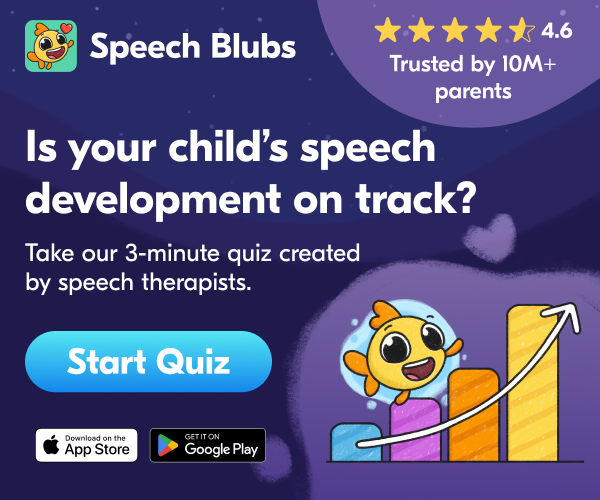How To Prepare for an IFSP Meeting
First things first, whether it’s an IEP or IFSP meeting, the questions you have will be very similar, but may change as your child ages or progresses through therapy. The IFSP is a written treatment plan that maps out the EI services your child will receive, as well as how and when these services will be administered. It details your child’s current levels of functioning, specific needs and goals for treatment (referred to as outcomes).
An IFSP will take a family-centered approach because the services are typically provided in your home or with parents/guardians present for therapy sessions. In fact, as a therapist, I require the parents of my clients to be in the room. I know it’s a great time to get some things done, like cook dinner, but you need to be present and receptive to therapy so you can work on the goals/strategies with the therapists leave for the day.
Another great aspect to IFSPs is that the family can dictate certain aspects of the plan. If you have concerns or certain goals that you want addressed, you can suggest that to the therapist. Now, be prepared for the therapist to shape that goal so that it’s age appropriate and realistic for your child.

Who Develops the IFSP?
Once your child is deemed eligible for services under your state’s early intervention (EI) criteria, an IFSP team will meet to develop the treatment plan. The compositions of IFSP teams vary, depending on the child’s specific needs. For example, the team might include a psychiatrist, neurologist, occupational therapist (OT), physical therapist (PT), speech-language pathologist (SLP) or other professionals.
You and other family members are important members of the IFSP team because you understand your child and his or her needs best. A family advocate and a service coordinator from the EI program may also be present at the IFSP meeting. A team has 30 days from the first meeting to develop and start implementing the IFSP.
Services are typically provided for 60-90 minute sessions 2x per week. Again, this is dependent on your child’s attention span, age and diagnoses. My speech sessions range from 30-60 minutes, but never go past that time frame because kids just can’t stay engaged for that long.
Suggestions for Family Members
Throughout the entire EI process, keep comprehensive written records. Brainstorm with your family members about the child’s challenges and goals for his or her development, and take notes during your conversation. Bring these notes and a list of questions to IFSP meetings, and be sure to take plenty of notes or use a voice recorder during these meetings. Some questions for the team might include:
- How often are services provided?
- What goals are you thinking of working on with my child?
- Do you provide make-up sessions if someone is ill?
- What do we do when my child is three and ages out of EI?
- What are suggestions for us to do at home?
Many parents create large binders filled with meeting notes, progress reports and notes about how the IFSP might be improved. For instance, whenever you take a phone call from a member of the IFSP team, make a note of the date, the person you talked to and the subject matter discussed.
If a member of the IFSP team suggests that your child might benefit from a certain service or from extended services, have that person put it in writing and provide you with a copy. These records will be critical should a dispute ever arise.
After the IFSP
By law, the IFSP team must meet to review the treatment plan every six months. The purpose is to determine whether updates, such as new outcomes, are needed. You may request an additional review at any time if you feel the IFSP is not serving your child’s best interests, or if there has been a major change or event in your child’s life (such as hospitalization).
Prior to your child’s third birthday, the IFSP team will meet to form a transition plan. It may be determined that your child has progressed to the point at which he or she is no longer eligible for services. This is a good thing! I have a lot of families push back when we try to dismiss their child. Dismissing a child from services means that they are now age-appropriate, which is a testament to their hard work AND yours as a parent! If he or she still needs help, a plan will be developed to transition into an individualized education program (IEP) upon your child’s third birthday (special education guide).
 By Stacie Bennett
By Stacie Bennett

